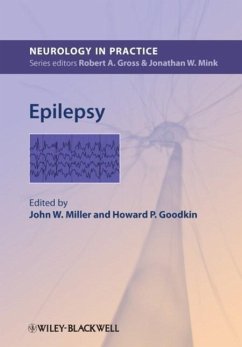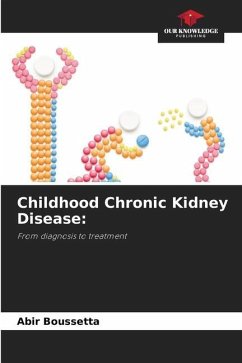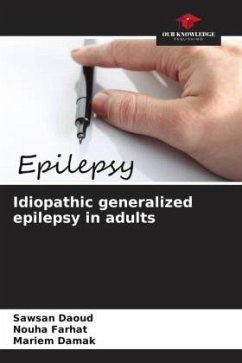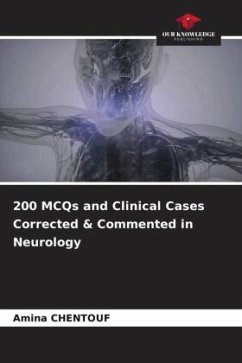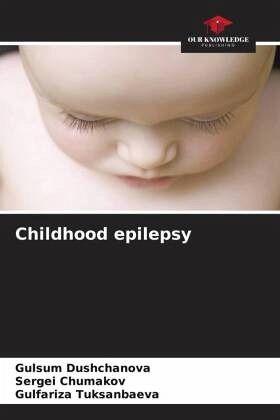
Childhood epilepsy
Versandkostenfrei!
Versandfertig in 6-10 Tagen
25,99 €
inkl. MwSt.

PAYBACK Punkte
13 °P sammeln!
Epilepsy is one of the most medically, psychologically and socially significant neurological diseases. According to the conceptual definition formulated by the World Anti-Epileptic League, epilepsy is a brain disease characterised by a permanent predisposition to the generation of seizures and their neurobiological, cognitive, psychological and social consequences. The high medical and social significance of epilepsy stems from the prevalence of the disease (at least 6 million people in Europe alone suffer from it) and the stigmatisation of patients. In 1997, at the initiative of WHO, the Worl...
Epilepsy is one of the most medically, psychologically and socially significant neurological diseases. According to the conceptual definition formulated by the World Anti-Epileptic League, epilepsy is a brain disease characterised by a permanent predisposition to the generation of seizures and their neurobiological, cognitive, psychological and social consequences. The high medical and social significance of epilepsy stems from the prevalence of the disease (at least 6 million people in Europe alone suffer from it) and the stigmatisation of patients. In 1997, at the initiative of WHO, the World Anti-Epilepsy League, and the World Anti-Epilepsy Bureau, the Global Campaign "Epilepsy Out of the Shadows" was launched to improve understanding of the disease, management and treatment of patients, and prevention of the disease. The textbook outlines the current understanding of the diagnosis' clinical presentation and treatment of the various most common forms of childhood epilepsy. Treatment in sick children is given taking into account modern views on the typical pathological processes in the body' permeability of the blood-brain barrier to the means of pathogenetic therapy




